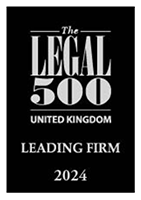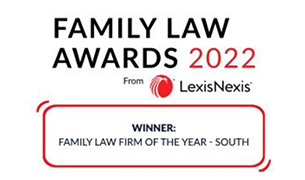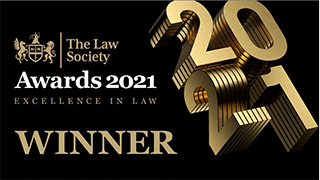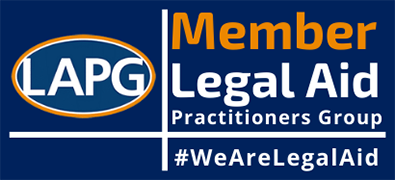The Family Law Company discusses the reality for unmarried couples when it comes to business and property ownership.
It is difficult to be objective when it comes to affairs of the heart. This is the dilemma at the core of financial disputes between unmarried couples, particularly when the couple embark on a renovation project or business venture together.
Take beginning a new life in the countryside in a property needing creative investment and a business on site to pay for it. There have been several high-profile cases between former couples who embarked on such projects, only to find themselves before the courts disputing ownership and shares in the home and business.
Unmarried couples don’t have the same legal remedies as their married counterparts on relationship breakdown. Instead, they must rely on the law relating to business, property and trust law to establish a claim.
Property claims often centre on romantic conversations over candlelit meals. Invariably, one party ascribes greater significance to these discussions than the other. In a recent case concerning a Devon property and equestrian business a conversation in a Devon pub was considered so central to the claim that (unsuccessful) efforts were made to find the bar bill in bank statements.
Certain quotes tend to recur in these cases: “This is your home”, “You will be provided for on my death”, “This will benefit us both”. These have all featured in evidence given by unsuccessful non-owning claimants where the case has been finely balanced.
But they’re open to interpretation: “This is your home” is not the same as “We own this home”; “You will be provided for on my death” could be followed by the caveat “…if we are still together”! “This will benefit us both” might refer to the efforts of both to promote a shared business venture rather than inferring an interest in the property from which it’s run.
Someone moving into a property owned by their new partner or helping in a business run by them has great difficulty claiming a share if the position remains unchanged, because the court will assume they knew the established legal position. That’s not to say that claims of this kind don’t succeed, simply that evidence of an agreement and contribution has to be compelling.
Where there is a business element to the relationship, the courts are harder on a claimant who isn’t a partner or shareholder, even if they’ve put in long hours for what they consider to be a joint venture. Why wouldn’t the couple be business partners if this is what they intended? All the more so when one considers the benefits of both partners drawing from the business using their combined personal tax allowances.
A distinction is also drawn concerning a property where a couple live and a business they run from it. A non-owner of the home will find it hard to claim a share in the property based on income from a joint business. It’s quite normal for business partners to work hard in the business for mutual benefit without implying they intend to jointly own the home they live in or from which the business is run.
On the other hand, where the owner gives the non-owner assurances which encourages them to spend large sums or make significant effort in the belief that they’ll have a share, the court will readily grant a share to the deserving claimant.
Outcomes in cases of this kind are very fact sensitive. A decision can turn on a single piece of evidence or the performance of a witness in court. My advice to unmarried couples faced with this
situation is to talk it through. Make sure you understand what motivates your partner and review it regularly. If you don’t like what you hear maybe it is time to dispel any misunderstandings.
If you would like to disucss any of theses issues or any other family matter, then please contact us.
Need some advice? Get in touch today
"*" indicates required fields
The information submitted here is used and stored for the purpose of replying to the enquiry. For more information on how we process data please visit our Privacy Policy.









